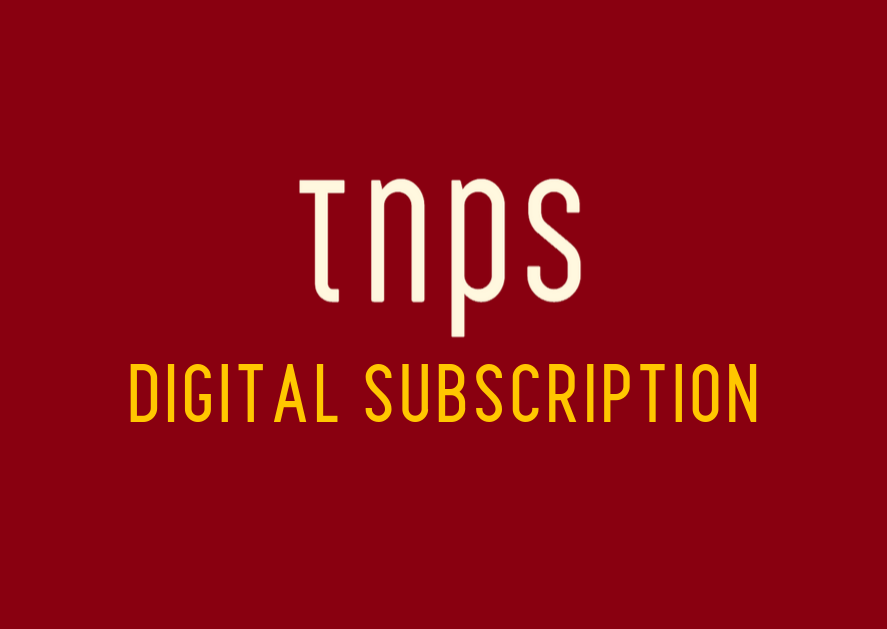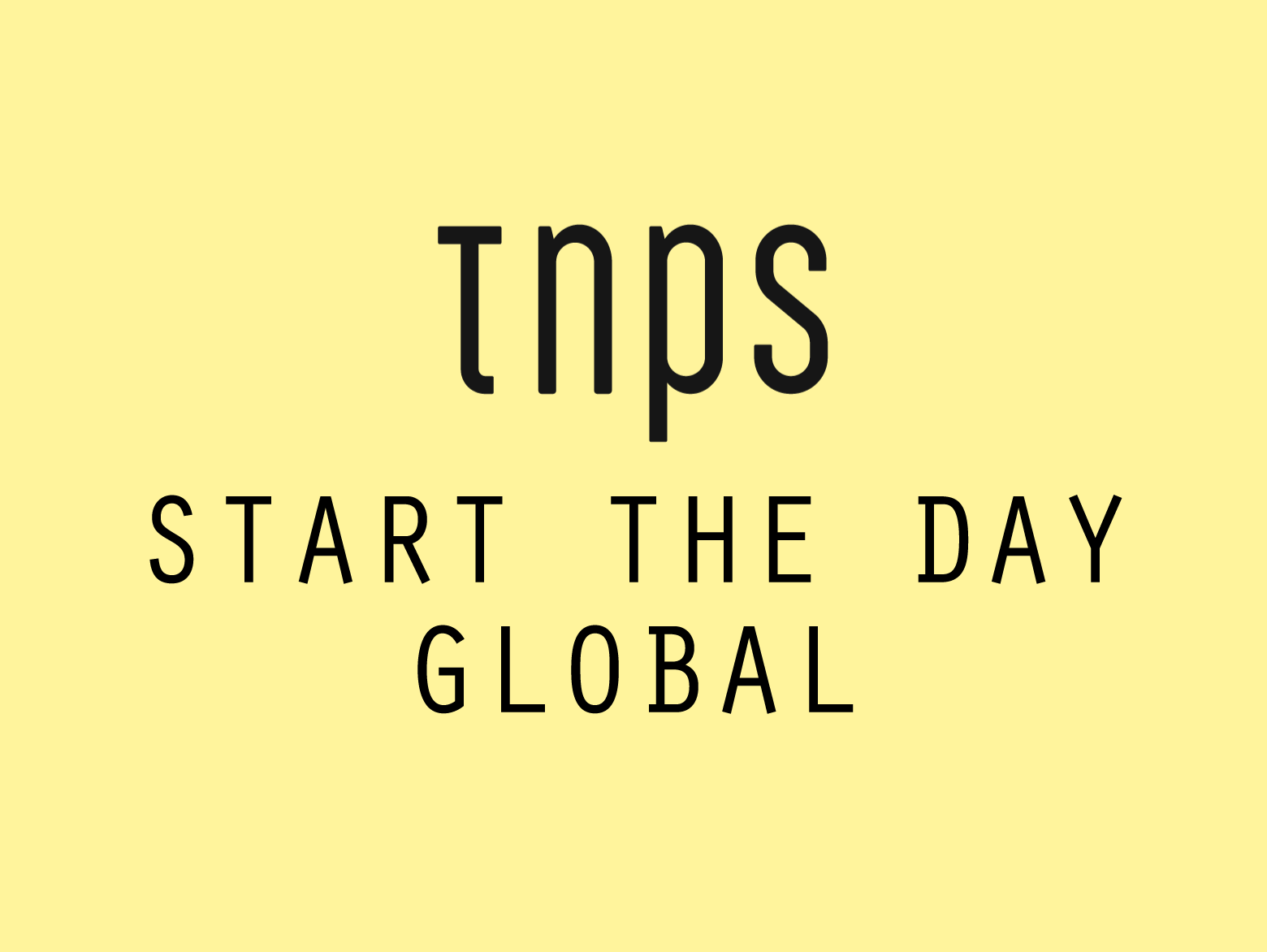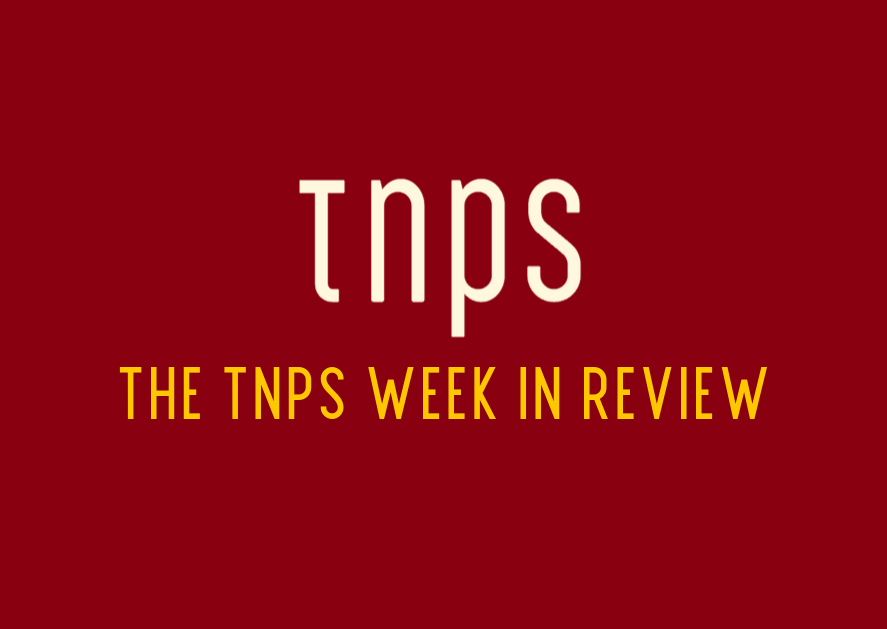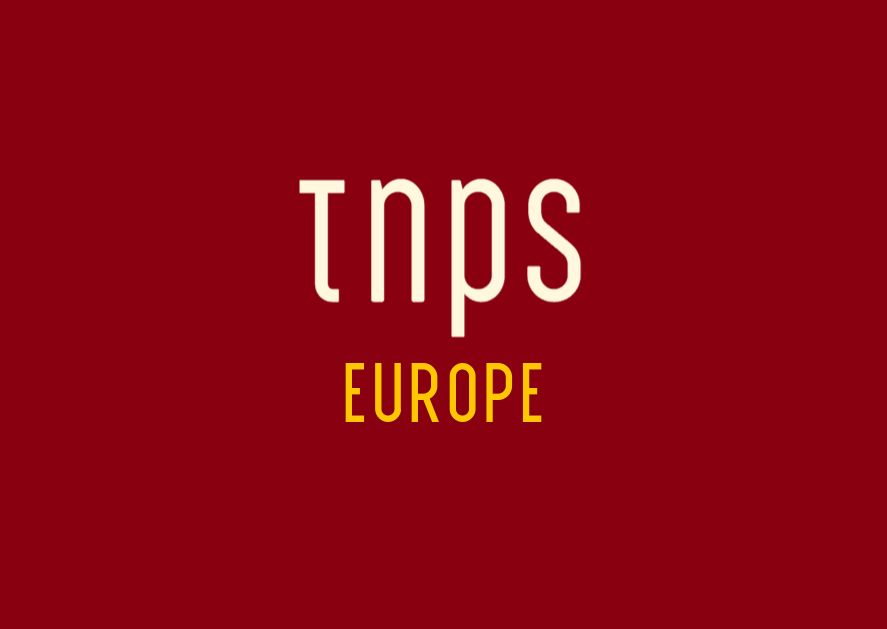But for podcasts, where traditionally there has been no royalties, just promotional payback, it’s likely that whatever royalty rate Spotify sets will be largely welcomed because it will be better than the zero percent on offer with free podcasting previously.
It wasn’t so very long ago that podcasts were seen as a loss-leader exercise – give away free content in order to upsell a product or service or message. The idea that consumers would actually pay to listen to podcasts was a long time evolving.
TechCrunch this week makes the point that Apple led the way with podcasts and, when the time seemed right led the way offering creators a way to monetise their podcasts.
But as so often happens when Apple steps outside its consumer hardware comfort zone, it was half-hearted, poorly considered and poorly implemented affair that left the door wide open to rivals with a better understanding of consumer content needs.
Enter, stage left, Spotify, which less than three months after launching a paid podcast subscription arm in the US, is rolling out the same option across a further 33 countries – 29 live as this post goes out, with 4 more in a few days time.
TechCrunch has the full list:
Australia, New Zealand, Hong Kong, Singapore, Belgium, Bulgaria, Cyprus, Czech Republic, Denmark, Estonia, Finland, Greece, Ireland, Italy, Latvia, Lithuania, Luxembourg, Malta, Netherlands, Norway, Poland, Portugal, Romania, Slovakia, Slovenia, Spain, Sweden, Switzerland and the United Kingdom. Next week Canada, Germany, Austria and France will be supported.
Creators have the option to mark content delivered to Spotify as “subscriber only”, forcing interested consumers to buy into the subscription, with a range of twenty different price points, ranging from $0.49 to $150. Per TechCrunch, the US trial offered only three pricing options, and prospective creators expressed their dismay. Spotify listened, and the new pricing options should satisfy most podcasters.
Whereas Apple takes 30% of the subscription rate, dropping to 15% in the second year, Spotify will take only 5%, and that only after a two-year no-fees period.
For creators, the appeal of Spotify will be tempered by its primary reputation as a music platform, but as Spotify further expands its empire across all audio formats so more creators will be wanting to experiment with Spotify.
How much appeal the range of countries on offer has will depend largely on the creators’ content language. Only a handful of the 33 new Spotify countries are primary English-language markets, and only a few of the non-English markets on the list are likely to warrant creators investing in translations.
Meaning each country will depend largely on domestic content, and US and UK creators, traditionally not noted for thinking about translations beyond a handful of the usual suspect markets.
What’s not clear so far is whether the pricing options are flexible per country, or if the chosen price will apply across the 34 podcast subscription markets.
It’s early days for paid podcast subscription, and smaller players in the field like Podimo are already grabbing market share, expanding into new markets, and attracting investor cash.
But Spotify, unlike Apple is a content operation, and it knows how to play the content game.
And with podcasts Spotify enters the market with an extra arrow to its bow: creator expectations.
Spotify is, among many in the music business, regarded as a necessary evil. It supposedly pays out too little, but musicians cannot afford not to be where the consumers are.
As Spotify enters the audiobook market the same concerns are being touted by creators. Will Spotify’s audiobook royalties satisfy publisher expectations? Many say not, although often the arguments are flawed by trying to compare an eight-hour audiobook with a three-minute music single.
But for podcasts, where traditionally there has been no royalties, just promotional payback, it’s likely that whatever royalty rate Spotify sets will be largely welcomed because it will be better than the zero percent on offer with free podcasting previously.
But for TNPS the most exciting element here is what this might mean for short-form audio that is more than a standard podcast but less than a standard audiobook.
Podcast subscriptions will enable creators to experiment and assess just what, in terms of topic, length and price, consumers will settle for.
This is one more way in which Spotify is sending out seismic ripples across the publishing world.





